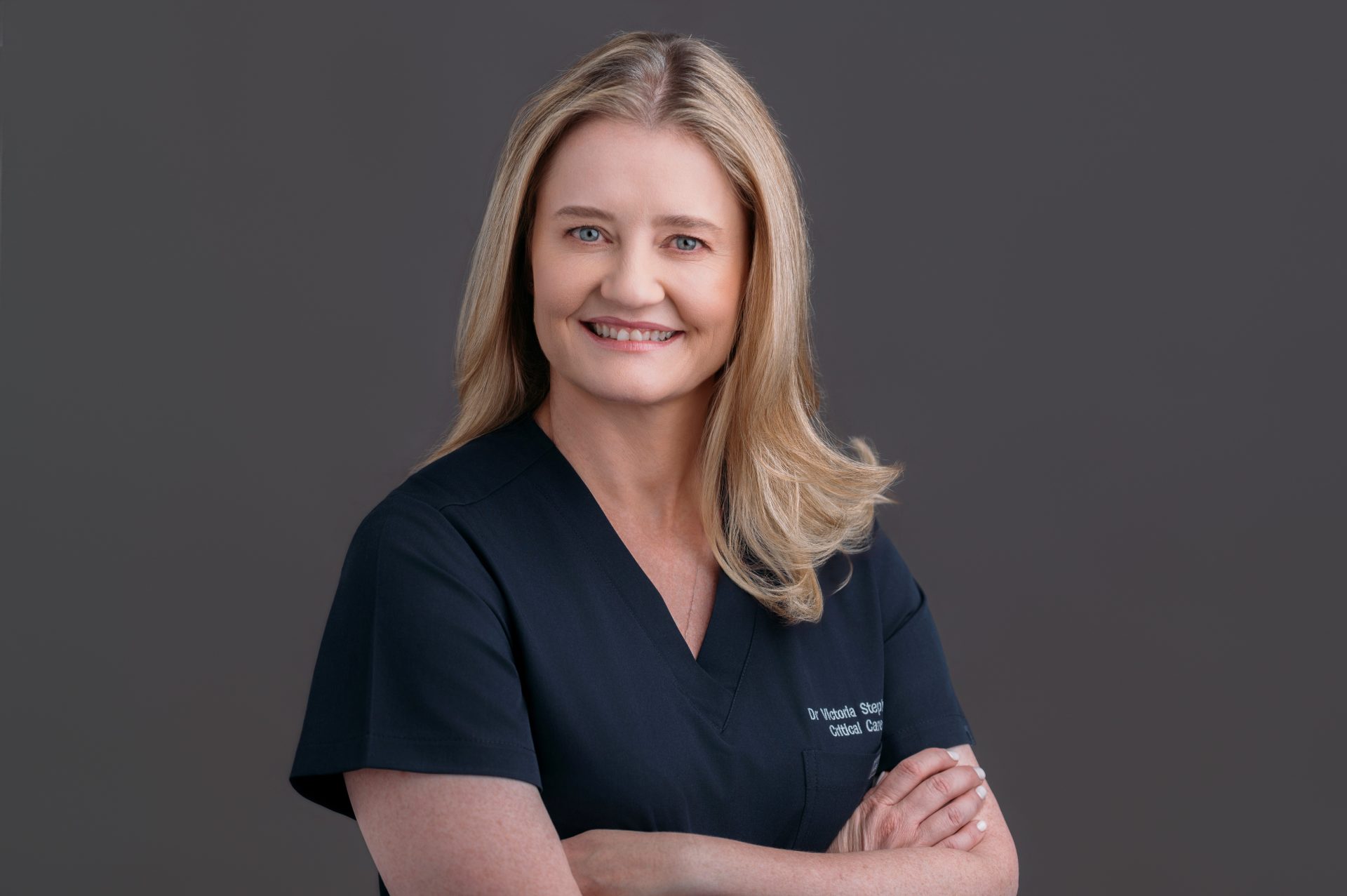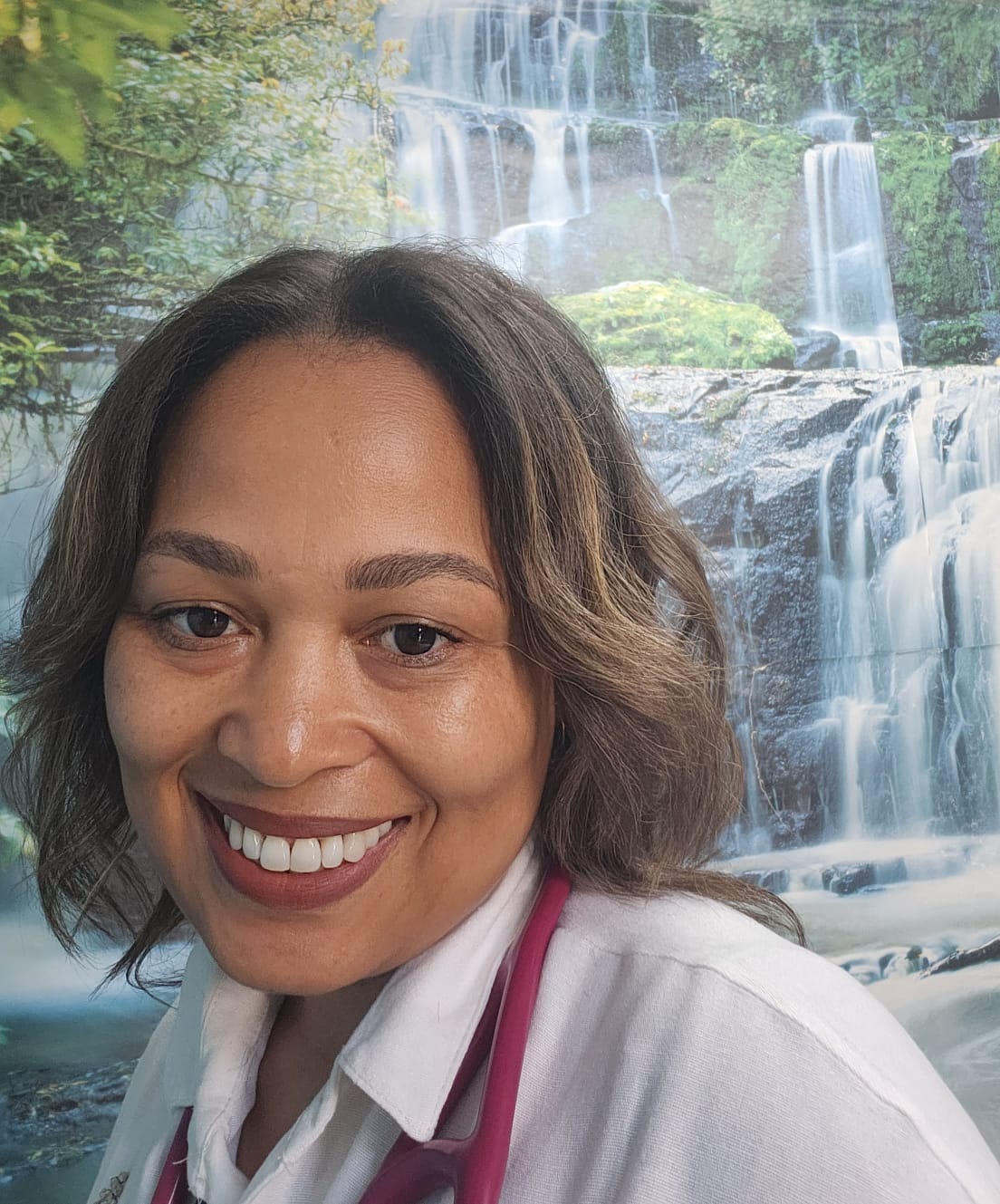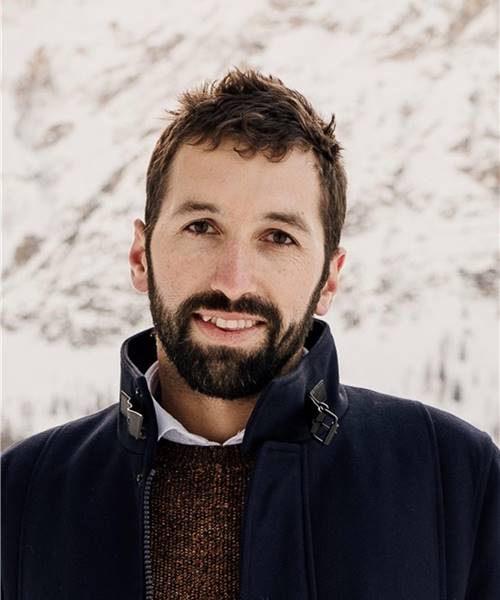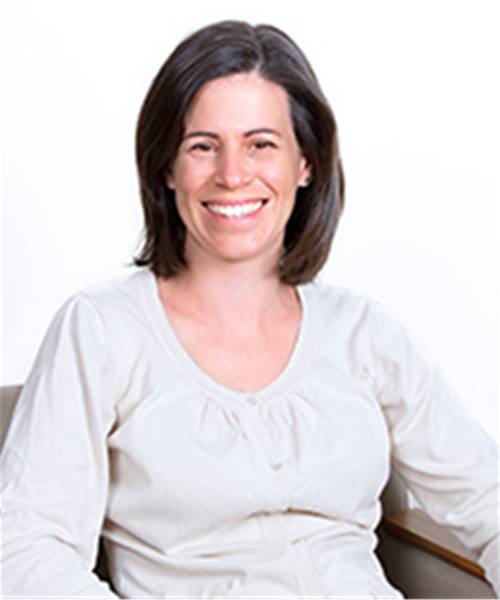Wits Donald Gordon Medical Centre Leads the Way in Life-Changing Organ Transplants
A Decade-Long Journey to Hope
11 August 2025: In 2010, Naomi Khumalo was diagnosed with Lupus, a chronic autoimmune disease that would eventually lead to kidney failure. Over the next decade, dialysis became her lifeline – and a constant reminder of the transplant she so desperately needed.
In 2023, her long wait ended when she received a kidney transplant at Wits Donald Gordon Medical Centre (WDGMC), marking a new chapter after years of uncertainty.
The Broader Challenge in South Africa
A Symbol of Urgency
While Naomi’s journey is deeply personal, it also reflects a broader issue in South Africa: the critical need for more registered and willing organ donors, and for greater awareness around how organ donation works—both medically and culturally.
WDGMC’s Role in Advancing Organ Transplants
As the country’s only private academic teaching hospital, and the largest private-sector solid organ transplant programme, WDGMC is uniquely positioned to drive progress. From kidney and liver transplants to coordinating living and deceased donors, the centre is known for its specialist expertise, integrated team approach, and ethical oversight.
The Importance of Family Conversations
“South Africa faces a severe shortage of organ donors, and part of the challenge is that while many people register as donors, they don’t always communicate their wishes to their families,” says Carla Wilmans, Transplant Manager at WDGMC.
“This conversation is crucial, because even if someone is registered, their family must still give consent for the donation to proceed.”
Cultural Complexities in Organ Donation
According to Wilmans, myths and misunderstandings often prevent families from agreeing to donation. Naomi’s experience highlights this challenge. With a Zulu father and Xhosa mother, she was raised within two traditions that often view organ donation with caution. Educating her family and navigating these beliefs was as much a part of her journey as the medical process itself.
“Organ donation can feel abstract until it affects someone you love,” Wilmans adds.
“That’s why patient stories like Naomi’s are so powerful—they challenge misconceptions and remind us of what’s possible when someone chooses to give.”
Living Donors and the Gift of Life
More Than Just Deceased Donation
Importantly, not all organ donors are deceased. Living individuals can donate a kidney, a segment of their liver, or certain types of body tissue. While financial compensation is prohibited by law, what donors and families receive in return is invaluable—the knowledge that they’ve helped give someone another chance at life.
If you’d like to support organ donation efforts, visit dgmc.co.za/donate.
A Team Built on Compassion and Expertise
The WDGMC Transplant Team
The transplant team at WDGMC includes:
- Surgeons
- Physicians
- Psychologists
- Ethicists
- Nursing staff
Together, they assess donor and recipient suitability and ensure the process is handled with the highest standards of care and integrity. This comprehensive model makes WDGMC a national referral centre for complex transplant cases across South Africa.
“We understand that donation is not just a medical decision, it’s an emotional and often spiritual one,” says Wilmans.
“Our role is not only to perform the procedure, but to guide families through it with empathy and respect.”
August Spotlight: A Call to Action
Through the Generosity of One, Many Lives Can Thrive
During August, WDGMC is shining a spotlight on organ donation to highlight both the need and the life-changing impact of these acts of generosity.
With the theme Through the generosity of one, many lives can thrive, the campaign encourages South Africans to not only register as organ donors, but to talk to their families about their decision.
“If we want to increase organ donation rates in South Africa, we need to move beyond awareness to action – and that starts with a conversation with your family,” Wilmans concludes.































































































































